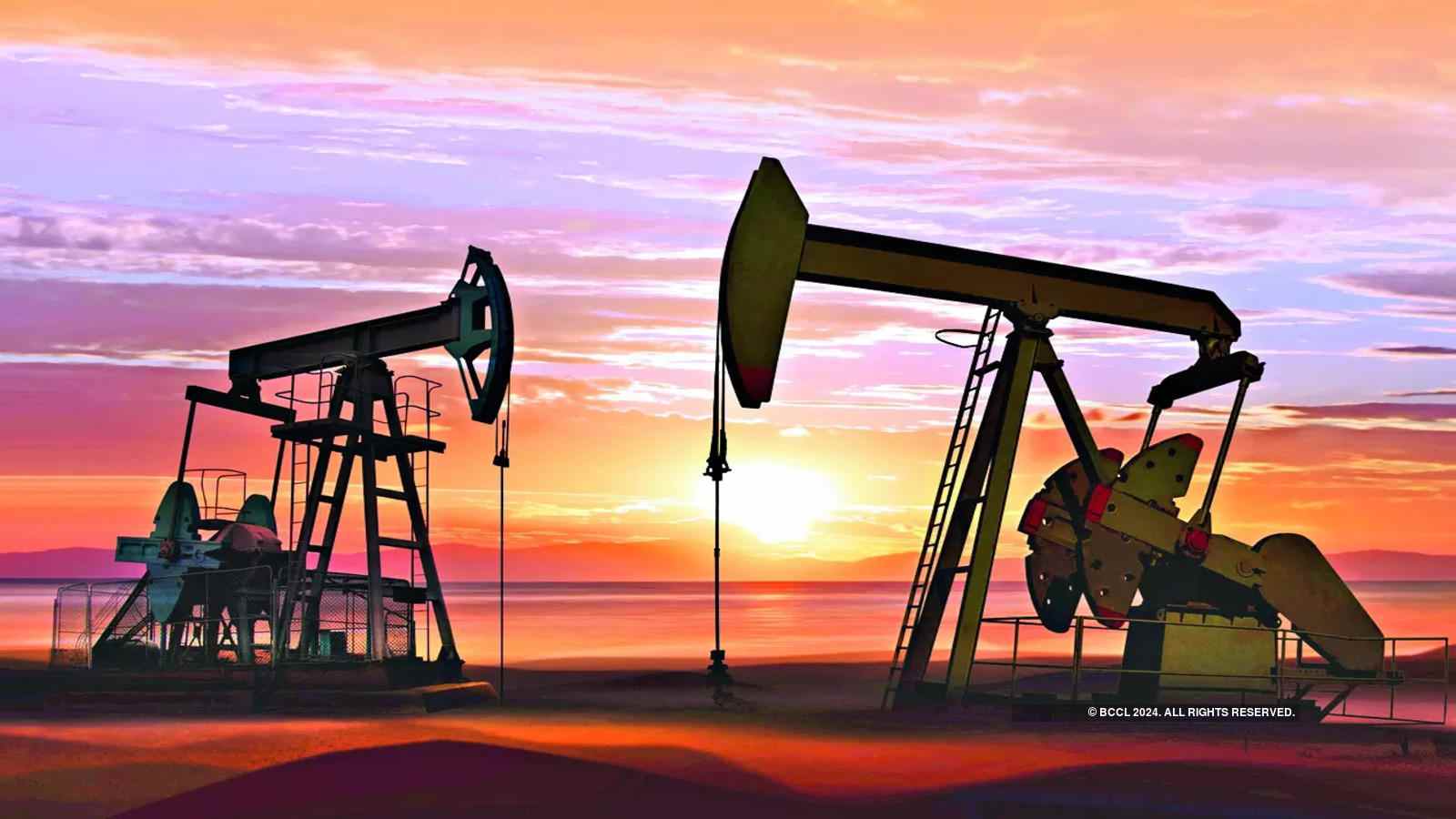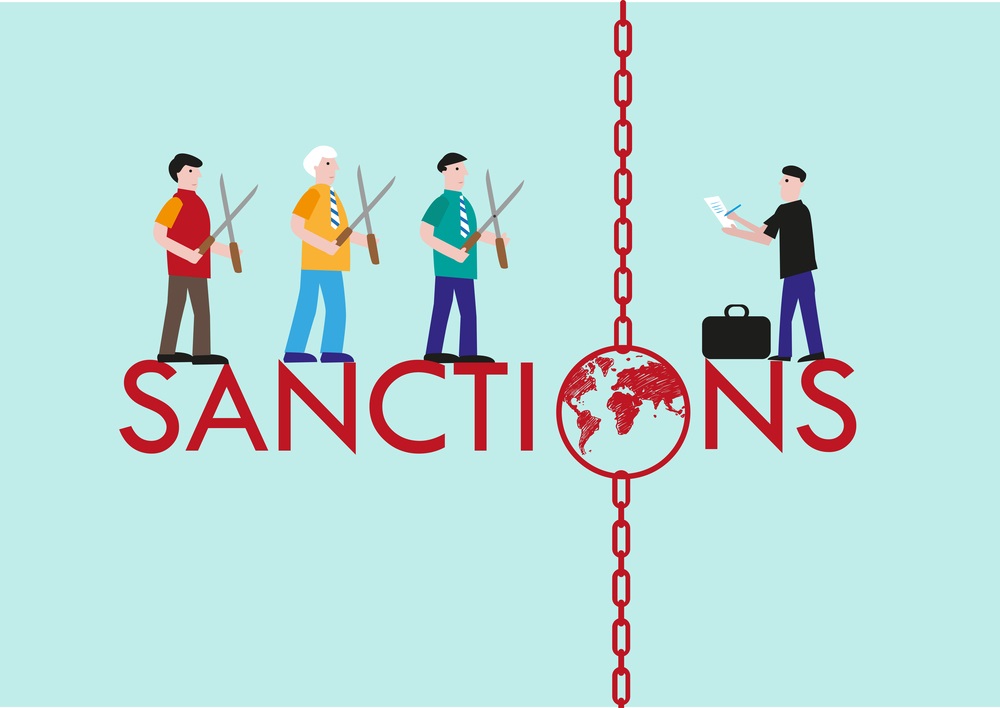As the world grapples with the complexities of Oil Prices and Geopolitical Tensions, it’s clear that the waves made by global events hit us where it hurts: our energy stability. Think it’s just about supply and demand? Think again. From OPEC’s crucial decisions, Middle East mayhem, to Russia’s oil dominance, the story runs deep. I’ve seen firsthand how military showdowns and political standoffs send prices soaring and why the next crisis could mean you pay more at the pump. Let’s dive into the murky waters of energy politics and uncover what’s really fueling the markets. Buckle up; it’s a wild ride.
Understanding the Global Energy Markets and Crude Oil Volatility
The Relationship Between Military Conflicts and Oil Prices
When armies fight, oil prices can jump up. This happens because folks worry there won’t be enough oil. Countries may not ship oil if they’re fighting. Others may want more oil, to keep their machines and homes running. So, the price goes up. High prices can make it hard for people to buy gas or heat their homes.
Wars can hurt where we get oil from, or how we move it around the world. Crude oil prices shake up when tensions rise. If oil can’t move freely because of fighting, prices may soar.
One place a lot of the world’s oil comes from is the Middle East. Trouble there can really push prices up. This is because everyone relies on this oil. If one part stops, it’s like a domino effect.
Fighting in one spot can spread worry to other places. This can make prices go up even more. Oil buyers lock in prices, afraid they’ll keep going up. We call this price “Brent crude.” It’s one main way we know how oil costs are doing globally.
Countries like OPEC try to control these jumps in price. They decide how much oil to make. Their goal is to keep prices stable for everyone. But when a fight breaks out, sometimes not even OPEC can stop the price jump.
Middle East Unrest and Its Influence on Oil Supply
The Middle East holds a lot of the world’s oil. So, when fights break out here, it’s a big deal. Fights mean less oil may come out of the ground. Or it may not get shipped where it needs to go.
For example, the Strait of Hormuz is a narrow waterway. Lots of the world’s oil ships through here. If there’s trouble, like a threat to ships, oil might not get through. This scares people and up goes the oil price.
In places like Libya, civil wars can shut down oil exports. In Nigeria, attacks can stop oil from being shipped too. This means less oil for the rest of the world. Everyone feels it, from drivers filling their cars to businesses running their factories.
When oil supply gets hit, it’s not just about that day or week. It affects how people invest in energy. It also changes how much oil is stored for the future. It’s all linked. Trouble one place can mean changes in another.
Oil is important for all countries. We use it for everything from cars to electricity. When there’s less oil, or it costs more, it tips everything off balance. This can make life hard for people all around the world. Knowing about this helps us get ready and maybe stop big problems.
Fights over oil and land also touch things like natural gas prices. Even new energy, like wind and sun power, gets pulled into this. The more we understand about how all this ties together, the better we can plan and act to keep lights on and homes warm, no matter what happens in far-off places.
OPEC’s Role and the Geopolitical Landscape
How OPEC Decisions Shape the Global Oil Prices
Have you heard of OPEC? It stands for the Organization of Petroleum Exporting Countries. This group decides how much oil to pump out. Their choices can really change oil prices. If OPEC says, “Let’s make less oil,” the prices can shoot up. But if they say, “Let’s make more oil,” prices might drop. It’s a big deal because oil runs most of our world. Cars, factories, and heaters all need it.
The Repercussions of Brent Crude’s Geopolitical Sensitivity
Now let’s chat about Brent crude. It’s a type of oil people watch to guess oil prices. Brent crude feels the heat when there’s trouble in the world. Think of it like a friend who’s super jumpy. If something small happens, they wig out. Brent’s the same. If fighters blow up an oil pipe in the Middle East, Brent’s price can jump fast. When big countries argue, like the US and Iran, Brent gets nervous and prices can spike. It’s like everyone in oil city gets scared and starts buying more oil, thinking there won’t be enough. So, that makes Brent crude super important to keep an eye on.
Major Players: Russia, Sanctions, and Energy Investments
The Impact of Sanctions on Iran and Global Oil Dynamics
Sanctions hit Iran hard. They block Iran’s oil from the market. This makes global oil prices jump. Why? Iran sits on vast oil pools. When they can’t sell oil, the world loses a big supply. Other countries must give more to make up for it. So, prices go up. People feel it at the pump.
For Iran, sanctions mean less money. Oil cash helps Iran build and grow. Now they have less to build roads, schools, and hospitals. It’s tough on them.
But here’s the twist. Countries that need oil might sneak around sanctions. They buy from Iran in secret. This keeps some Iranian oil flowing. It’s a risky game. If caught, these countries face big troubles.
Russia’s Dominance in Oil Production and Geopolitical Tensions
Russia is a giant in oil. They pump out so much crude oil. Why do we care? Lots of Europe’s oil and gas come from Russia. This gives Russia power. They can change oil flow and prices. That can shake markets around the world.
But there’s tension too. Russia has rows with neighbors and far-off lands. When Russia flexes, countries worry. They think about what might happen to their oil and gas. It can make them want to find new oil friends.
What does this mean for us? Well, when Russia’s relations cool with other nations, oil prices can soar. It can make us pay more for gas, heat, and goods. It can slow down how much money we all have for other things.
Oil is more than just fuel. It’s a powerful piece in a big, global game. Some call it the “geopolitics of oil.” Russia and Iran show just how complex the game is. They reveal how oil links to power and peace. Understanding this helps us see why we pay what we do for fuel—and why it’s always changing.
Geopolitical Flashpoints and Their Impact on Energy Trade
Navigating the Geopolitical Risks in Key Strategic Locations
Imagine a world where oil flows like rivers across nations. Now, think of a giant game of chess where every move of a piece can make these rivers flow faster or stop them dead in their tracks. That’s what it’s like when global energy markets feel the heat of conflict and unrest.
In places like the Middle East, the air is thick with tension. This tension often turns into unrest, which can hit oil supply hard. Look at the Strait of Hormuz for instance—is it safe for ships? If someone blocks this narrow sea path, it’s like squeezing a hose. The flow slows, and this means less oil gets to where it needs to go.
OPEC, a group of oil-producing countries, also keeps a tight hold on oil’s tap. They meet and decide how much oil they’ll let out. Their choices make waves across the whole world, pushing prices up or pulling them down.
The Brent crude oil, which is like a guide for oil prices around the world, feels these waves too. Its price goes up and down with every ripple in the global energy pool—ripples from things like military fights or arguments between big countries.
Understanding the Petrodollar System and Currency Fluctuations in the Oil Trade
Money makes the world go round, and oil is no different. The petrodollar system ties the US dollar to oil. It’s like a promise that says, “You want oil? You need dollars.” This means when dollars get stronger or weaker against other money, oil prices dance along.
When countries fight, like in Libya’s civil war, or when there’s trouble, like in Nigeria with attacks on oil, it scares people who invest in oil. They worry about their money, and sometimes they pull it back. This can make oil prices jump up like a cat on a hot roof.
Now, not all oil comes from the ground. We also have something called shale oil in the US. When the US digs this up and sells it, it can change the game. If they sell a lot, there might be too much oil, and the price can drop.
China is thirsty for oil too. As it drinks more and more, it can make the oil harder to get for everyone else. That’s because there’s only so much to go around. If China needs a lot, it means there could be less for others.
So, every day, we see how fights, rules, and the choices of big groups like OPEC can shake the world of oil. It’s like a big, twisting rollercoaster, and the ups and downs can affect us all. That’s why I keep an eye on these flashpoints and help explain why your gas might cost more or less when you fill up your car. It’s all connected in this giant global energy quagmire.
In this post, we dove into the complex world of global energy and oil’s ups and downs. We saw how fights between countries can make oil prices jump. We talked about the Middle East and how troubles there can mean less oil for everyone.
We also learned how OPEC’s choices can change oil prices around the world. Brent Crude’s price swings show us how unstable areas can touch our wallets.
We then explored how big countries like Russia shape the oil market. Their power and choices can really mix things up, especially when there are sanctions.
Lastly, we covered those hot spots on the map that can mess with the flow of oil. We learned that the petrodollar system links oil to money across countries.
I think it’s clear that energy is more than just fuel. It’s power, it’s politics, and it’s our everyday life. Understanding the ties between oil and world events helps us see the bigger picture. So, next time you hear about a conflict or an OPEC meeting, you’ll know why it might matter to you – at the gas pump and beyond.
Q&A :
How do geopolitical tensions affect oil prices?
Geopolitical tensions can have a significant impact on oil prices as they can disrupt supply chains, create uncertainty in energy markets, and lead to speculative trading. Countries that are major oil producers, if involved in conflicts or diplomatic disputes, can influence the global oil supply either through decreased production or by imposing sanctions. These scenarios might cause oil prices to spike due to concerns over scarcity. Conversely, the resolution of such tensions can lead to a stabilization or a decrease in oil prices as confidence in steady supply returns to the market.
What factors contribute to the sensitivity of oil prices to geopolitical events?
Oil prices are especially sensitive to geopolitical events because the oil market is globally interconnected and reacts quickly to potential threats to supply. Key contributing factors include the concentration of oil reserves in politically volatile regions, the reliance of economies on oil as a primary fuel source, and the limited spare capacity in the oil production system. Additionally, the role of national oil companies, strategic petroleum reserves, and financial markets in oil futures trading can amplify the market’s reaction to geopolitical developments.
Can geopolitical tensions lead to long-term changes in oil prices?
Yes, prolonged or severe geopolitical tensions can lead to long-term changes in oil prices. If conflicts result in sustained damage to oil infrastructure or enduring disruption to supply, this can permanently alter the balance between demand and supply, leading to an extended period of price volatility. Additionally, prolonged tensions may accelerate efforts to find alternative energy sources, thereby affecting long-term demand for oil and potentially leading to lower prices if alternatives become more economically viable.
How do investors and markets typically respond to oil price fluctuations caused by geopolitical tensions?
Investors and markets tend to respond quickly to any news or developments that could affect oil supplies, often erring on the side of caution. This typically results in increased market volatility and can lead to higher prices as traders anticipate potential supply disruptions. In response to such volatility, investors might diversify their portfolios to manage risk or seek safe-haven assets. Moreover, oil-consuming businesses may engage in hedging activities to lock in prices and protect themselves against future uncertainties.
What is the historical impact of specific geopolitical events on oil prices?
Historically, specific geopolitical events such as the Gulf War in 1990-1991, the Iraq War in 2003, and more recently, the tension between the US and Iran have led to significant fluctuations in oil prices. These events often result in immediate spikes in prices due to the initial shock to the market and the anticipation of potential supply disruptions. However, the duration and severity of the impact on oil prices can vary depending on the nature of the event, the effectiveness of the global response in mitigating supply issues, and the subsequent changes in energy policies and consumer behavior.






